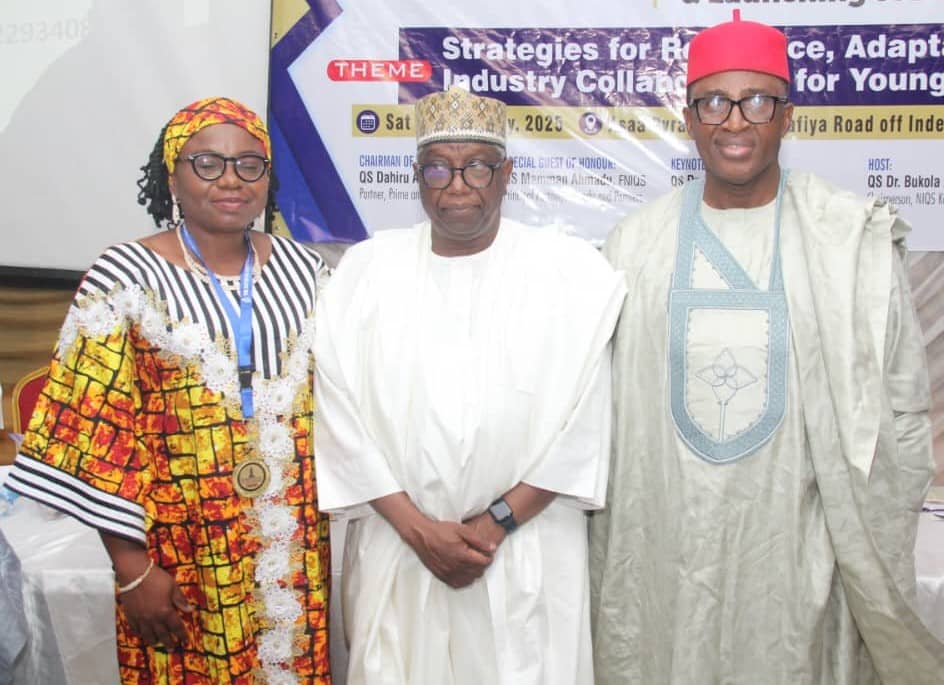We May Shut Down Nigerian Universities Indefinitely – Non-teaching Staff Threaten FG
The nation’s public universities may face a potential shutdown as non-teaching staff express their dissatisfaction with the government’s failure to meet their demands.
This comes after a seven-day warning strike initiated by the non-academic staff, who conveyed their concerns during a virtual meeting organized by the Education Writers’ Association of Nigeria
(EWAN) on Sunday evening.
The unions involved in this matter are the Senior Staff Association of Nigeria (SSANU), the National Association of Academic Technologists (NAAT), and the Non-Academic Staff Union of
Education and Allied Institutions (NASU).
They have warned that essential services such as electricity, water supply, student mobilization for the National Youth Service Corps (NYSC) Scheme, and even the provision of health services in
university clinics may be disrupted.
Key figures present at the meeting included Comrade Mohammed Ibrahim, the National President of SSANU, Comrade Ibeji Nwokoma, the National President of NAAT, and various stakeholders
from the sector.
This recent threat from the unions follows the conclusion of the warning strike at midnight on Sunday.
Nwokoma expressed his disappointment with the government’s handling of the issue, emphasizing that certain individuals seem determined to create turmoil within the university system.
He said: “Our members went on strike in March 2022, and it was over the refusal of the government to fulfil the 2009 Agreement we had with the government. The agreement was to be
renegotiated every three years but that was not done. Over 15 years now, what we have been having is taking a step forward and taking two backwards. The government keeps tossing us
from one committee to another.
“They are owing us five and a half months from that strike action, but they paid teaching staff four months withheld salaries and forgot others. The same attitude is what obtains when you
have Earned Allowance to be paid. Some people would just arrogate to themselves the power to take whatever they like from the money and leave the crumbs for others.
“Those who set up the university system knew the importance of all workers, whether teaching or non-teaching; if not, a single person would have been saddled with the responsibility of being
the teacher, driver, technologist, accountant and so on.”
On his part, Comrade Ibrahim of SSANU, wondered why non-teaching staff are seen as not important in the system.
He said: “We were at a meeting late last year after the pronouncement by President Bola Tinubu that four months’ salaries would be paid, and the Minister of Education was there, and he gave the
assurance that all would benefit, now the reverse is the case. We are not a strike-happy union, but we are being pushed to the wall.
“Between 2022 and now, we have lost over 100 members due to their inability to take care of themselves because of lack of fund.
“When they paid the teaching staff four months’ salaries, we wrote a protest letter to the government and the receipt of it was acknowledged, but could you believe it that this is the fifth week
we have not heard anything from the government.”
Ibrahim mentioned that following the suspension of the warning strike and the government’s inaction, the relevant unions would convene their respective bodies to make a decision, which would
be announced to the public promptly.
He added: “We have our own organs and the government have theirs. So, if our organs call for total and indefinite strike, which is one of the tools we use, the system would be shut down
totally. Non-teaching staff are the ones in charge of power and water supply. They man security posts, if they all abandon such duties, let us see what would happen.”
When asked what would be the solution to the challenges facing tertiary institutions in the country, Ibrahim said the government should adequately fund the sector.
“When education is funded adequately, the government would spend less on security, health and many vices would be reduced, ” he opined.
Mojeed Alabi, the Chairman of EWAN, emphasized the association’s commitment to addressing important issues and fulfilling its responsibilities to the public. Nevertheless, he expressed disappointment that the Minister of Education or a representative from the ministry did not attend the meeting.
It is worth noting that in October of last year, Tinubu instructed the payment of four months’ salaries to university workers who had gone on strike in 2022.
During the strike, academic staff were on strike for a duration of eight months, while non-academic staff experienced a strike period ranging from five and a half to six months, resulting in the suspension of their salaries by the Muhammadu Buhari administration.





